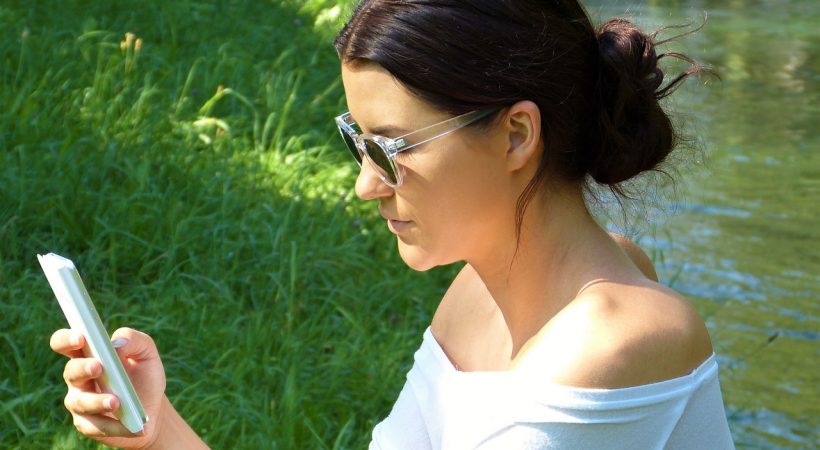Daily exposure to blue light may accelerate ageing

Prolonged exposure to blue light, such as that which emanates from your phone, computer and household fixtures, could be affecting your longevity, even if it’s not shining in your eyes , says a new research at Oregon State University. The study suggests that the blue wavelengths produced by light-emanating diodes damage cells in the brain as well as retinas.
According to the study, published on October 17 in Aging and Mechanisms of Disease, Jaga Giebultowicz, a researcher in the OSU College of Science who studies biological clocks, led a research collaboration that examined how flies responded to daily 12-hour exposures to blue LED light — similar to the prevalent blue wavelength in devices like phones and tablets — and found that the light accelerated ageing.
Fruit flies subjected to daily cycles of 12 hours in light and 12 hours in darkness had shorter lives compared to flies kept in total darkness or those kept in light with the blue wavelengths filtered out. The flies exposed to blue light showed damage to their retinal cells and brain neurons and had impaired locomotion — the flies’ ability to climb the walls of their enclosures, a common behaviour, was diminished.
Natural light, Giebultowicz notes, is crucial for the body’s circadian rhythm — the 24-hour cycle of physiological processes such as brain wave activity, hormone production and cell regeneration that are important factors in feeding and sleeping patterns.
“But there is evidence suggesting that increased exposure to artificial light is a risk factor for sleep and circadian disorders,” she said. “And with the prevalent use of LED lighting and device displays, humans are subjected to increasing amounts of light in the blue spectrum since commonly used LEDs emit a high fraction of blue light. But this technology, LED lighting, even in most developed countries, has not been used long enough to know its effects across the human lifespan.”
Eileen Chow, faculty research assistant in Giebultowicz’s lab and co-first author of the study, notes that advances in technology and medicine could work together to address the damaging effects of light if this research eventually proves applicable to humans.
“Human lifespan has increased dramatically over the past century as we’ve found ways to treat diseases, and at the same time we have been spending more and more time with artificial light,” she said. “As science looks for ways to help people be healthier as they live longer, designing a healthier spectrum of light might be a possibility, not just in terms of sleeping better but in terms of overall health.”
In the meantime, there are a few things people can do to help themselves that don’t involve sitting for hours in darkness, the researchers say. Eyeglasses with amber lenses will filter out the blue light and protect your retinas. And phones, laptops and other devices can be set to block blue emissions. Story Source: Oregon State University/Science Daily















